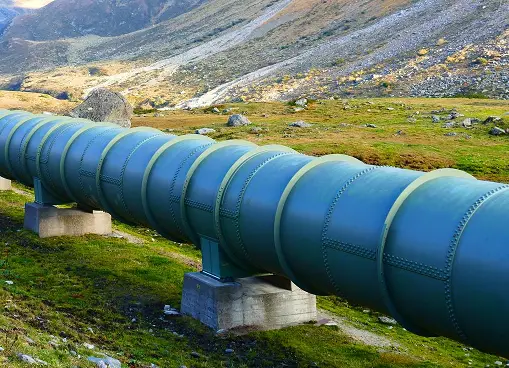The European Commission has announced it will team up with member countries to examine the bloc’s energy infrastructure, testing it for its response to any unexpected disruptions, EC President Ursula von der Leyen announced Monday.
She said they “acts of sabotage against the Russian Nord Stream pipelines have shown how vulnerable the critical infrastructure” of the EU is.
She added, “We need to protect our critical infrastructure. We need to stress test our infrastructure, identify weaknesses and prepare our response in case of unexpected outages. We will work with member countries to conduct these stress tests in the energy sector, as well as in others high-risk areas, for example… electricity infrastructure.”
After a series of explosions off the Danish island of Bornholm, both the Nord Stream 1 and Nord Stream 2 gas pipelines suddenly lost pressure. Massive leaks were later found in the ocean, where the pipelines had ruptured. The damage is widely accepted as an act of sabotage, and investigations are underway to try and identify the perpetrator.
The pipelines carried natural gas directly to Germany. Pressure had been building among the German citizenry, demanding the government capitulate to Russian geopolitical demands, to open the Nord Stream 2 pipeline, to lower the price of gas domestically, amid record inflation and soaring energy prices.
Moscow accuses the US of sabotaging the lines to remove any leverage Russia held over Germany. Washington has denied involvement and even accused Russia of bombing the pipeline itself, though the motive for such an act would remain unclear. Shortly after the bombing Secretary of State Anthony Blinkin hailed the bombing as a “tremendous opportunity” to force Europe to, “once and for all remove the dependence on Russian energy.”
Although the Nord Stream 2 pipeline had been completed and was pressured with natural gas, it had not been turned on, amid Berlin’s refusal to certify the line for political reasons. Gas flows through Nord Stream 1 had ceased in August amid a raft of maintenance issues which had gradually taken compressor stations offline.

